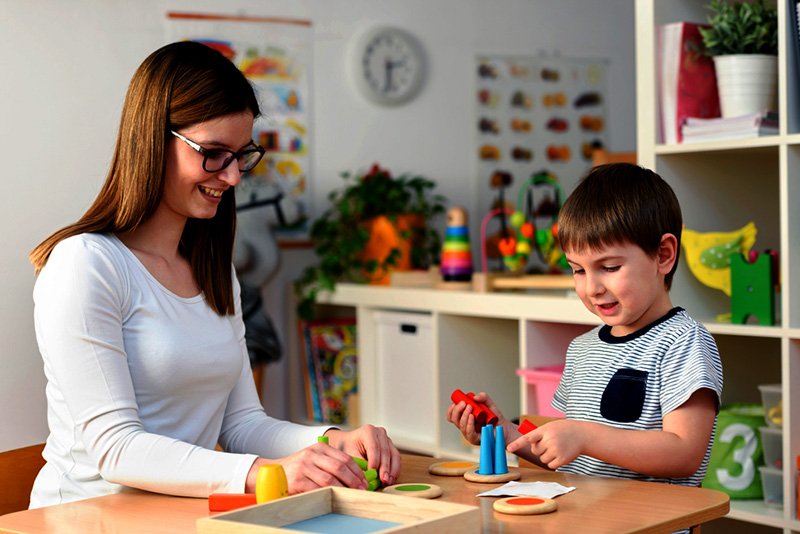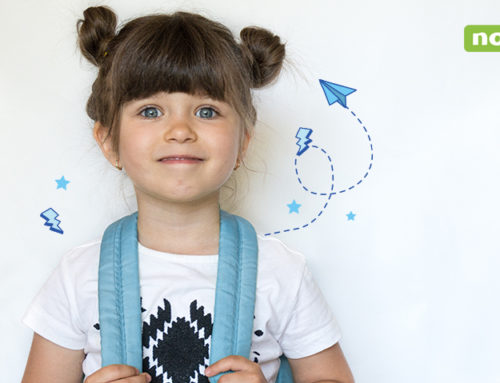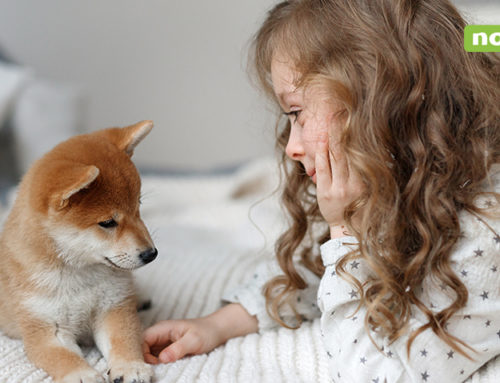The game is a fun time for all children and is a way for them to interact with other children and the environment, to understand it and to learn from the experiences. The educational games enable children to develop their cognitive, creative and creative skills to social, and provide them with the tools to best assimilate the world around them and all that they can learn.
Children love a challenge, so it's easy to encourage your child to interact with an educational game.
The advantages of educational games are as follows:
- Exercise memory. There are many games that help them to memorise and to concentrateThese types of games are very useful for children to exercise their maths or reading skills, for example. These are games in which patterns are repeated, which helps children to use their ability to memorise elements and remember the information much better.
- They help to learn from failure. In games, sometimes you win and sometimes you lose, so playing with people they know and in a safe environment will help them understand that failure is not a bad thing, and that there are important lessons to be learned.
- Social skills. Educational games also help children develop their social and interaction skills because they encourage healthy, organised, supportive and respectful communication between participants.
- Motor skills. This point comes into play especially with babies, as educational games that require physical interaction with the elements of the game are a great incentive for the child to develop motor skills and begin to get to know his body and control his movements better.
- Improves self-esteem. These games foster positive emotions that are associated with achievement and fun, which allows for the development of children's self-esteem. Most of these games offer rewards to children who have reached the proposed goal, which directly stimulates the self-esteem of those who participate.
- Concentration. According to various studies, educational board games significantly increase the concentration span of children if played regularly.
- They develop patience. An educational game teaches children that sometimes they have to develop their own skills. strategies and this helps them to practice their patience.
Examples of educational games
So that you can enjoy playing and learning with your child, we propose several examples of educational games that will inspire you to know what kind of game to give them:
- Relationship games. To help your child learn the relationships between things and new words, you can look for relationship games. These games can be found in both physical and online formats.
- Riddles. We have all played these types of games and they are a great way to exercising logic and deduction. There is the classic version that we have all played, the "I see, I see", to a more updated version in some Apps and computer games.
- Puzzles and jigsaw puzzles. In this case there are a multitude of sets of parts adapted to all ages. For younger children the pieces will be larger. There are simpler versions where you have to form pictures, and more complicated ones such as Sudoku or 3D puzzles.
- Maths games. You can find both online and physical maths games that help children to do calculations, measurements or geometry.
- Games to discover emotions. If there is one thing that children must learn from an early age, it is to manage their emotions and understand the emotions of others, because emotional intelligence will be a very useful tool throughout their lives. To develop this skill, there are numerous games and books that help children understand what emotions are and how to use them.
- Forming words. There are several models of this word-forming game on the market with illustrations and colours for your child to have fun and learn to write, learn to read and write. read and to discover the meaning of words.
- Questions and Answers. Nowadays, many games are designed to encourage respect for diversity and quiz games are a clear example. Learning about other cultures is a good way to learn respect.
There are many options for your child to play in a didactic way and learn. And the best thing is that you can also play with them, interact with them, see how they learn and understand the world.







Leave A Comment
You must be logged in to post a comment.